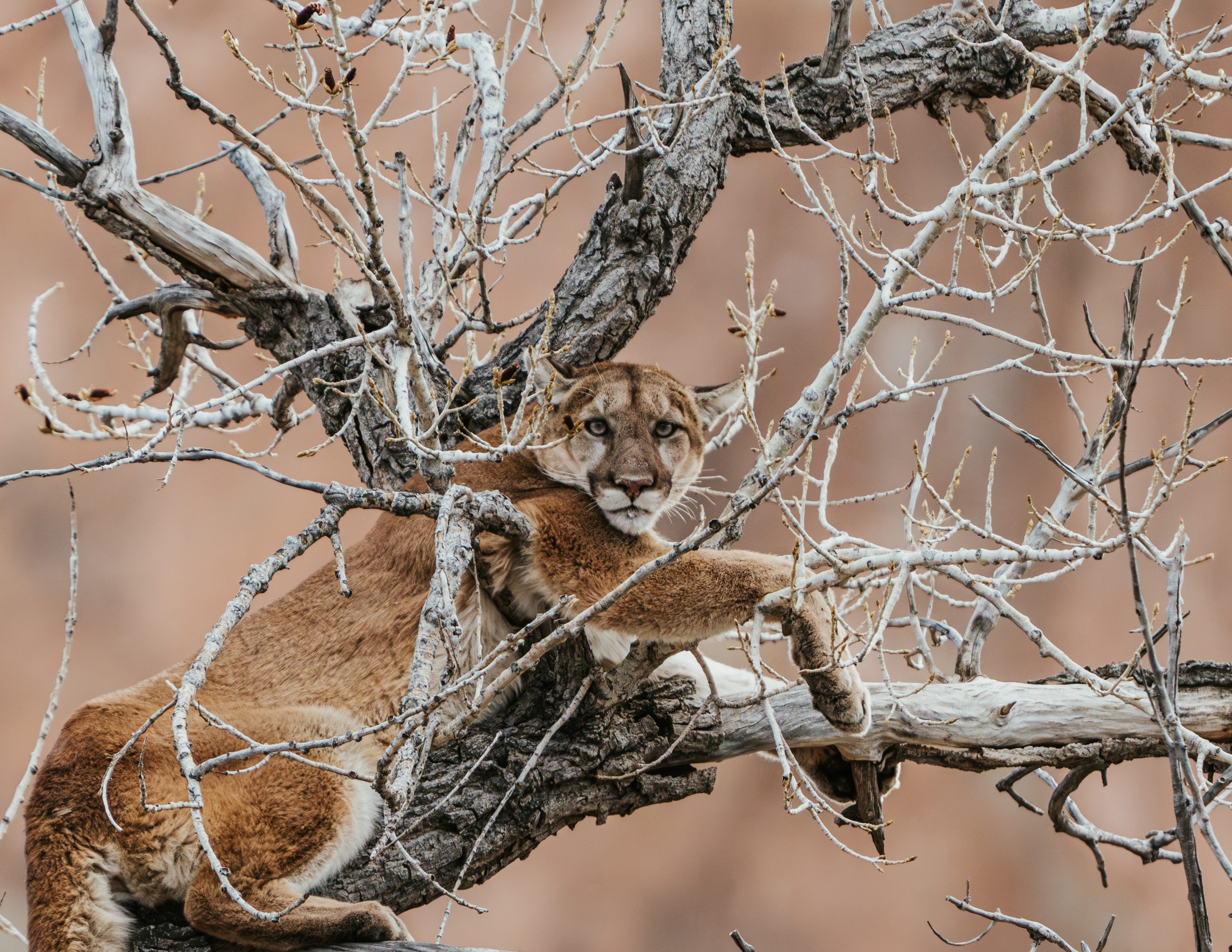Colorado, known for its stunning landscapes and diverse wildlife, recently made a significant decision regarding the hunting of mountain lions within its borders. This decision has sparked debate among conservationists, hunters, and wildlife enthusiasts alike, as it marks a significant shift in the state’s approach to managing its mountain lion population.
Mountain lions, also known as cougars or pumas, are majestic predators that play a crucial role in maintaining the balance of ecosystems. However, their populations have been threatened in recent years due to habitat loss, human encroachment, and hunting. In response to these challenges, Colorado has taken a bold step in protecting these iconic creatures.
Colorado officially banned mountain lion hunting in November 2021, making it the first state in the U.S. to implement such a measure. The decision was met with a mix of praise and criticism, with supporters applauding the state for prioritizing conservation efforts and opponents arguing that hunting is necessary for managing wildlife populations.
The ban on mountain lion hunting is part of a broader effort by Colorado to protect its wildlife and preserve its natural heritage. The state has been working on various conservation initiatives to safeguard its diverse range of species, including the reintroduction of native wildlife, habitat restoration projects, and the establishment of protected areas.
While the ban on mountain lion hunting has been met with some resistance, many experts believe that it is a crucial step in ensuring the long-term survival of these apex predators. By eliminating the threat of hunting, Colorado hopes to see an increase in mountain lion populations and a healthier ecosystem overall.
In conclusion, Colorado’s decision to ban mountain lion hunting marks a significant milestone in the state’s conservation efforts. While the debate over hunting and wildlife management continues, this bold move demonstrates Colorado’s commitment to protecting its natural resources and preserving its rich biodiversity for future generations to enjoy.
